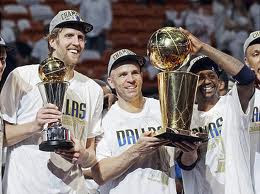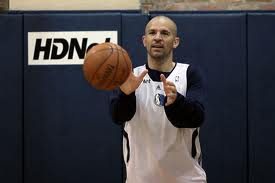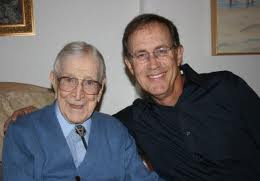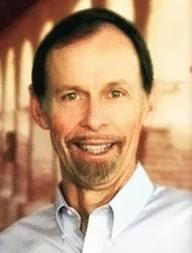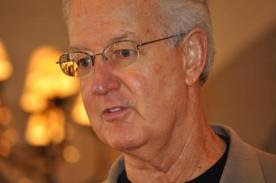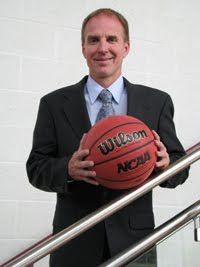I recall once delivering a leadership workshop on self esteem to a group of about 12-15 youth. They were all fairly early in the professional working careers so I was a bit surprised at their reaction when the topic of workplace challenges was raised.

Judging by their responses, I would have thought they were grizzled vets that had been in the workforce for 30+ years and couldn't wait to retire.
I listened to them talk about how de-motivating and challenging it is to work for a micro manager, the dis-empowered feeling they were left with because of not being able to make their own decisions and how unimportant they often times felt when their opinions were constantly second guessed.
It turned out to be a very spirited discussion and the general theme that continued to surface was that trust goes a long way in helping people feel good about the work envirnoment.
Without a Secure Leader at the helm, the work experience is less then enjoyable.
While some leaders have seemingly mastered the art of being that untrusting boss, there are others who are less intentional about their actions and are simply driven by their own personal insecurities.
These insecurities are generally based upon perceived situations or circumstances that often times materialize in the form of suspicions, doubts, uncertainties or fears.
What often follows is a series of unexplainable decisions or actions devoid of any kind of logic or reasonable rationale and leaves onlookers scratching their heads as they try to make sense of things.
The biggest problem with this approach is that it does nothing to inspire, motivate or encourage the people they're leading. These insecure leaders become so self absorbed and reactionary that they start to move further and further away from the things a leader ought to be doing.
Perhaps you've had the misfortune of being led by an insecure leader who lacked confident and therefore scrutinized your every decision?
Maybe transparency was the issue and there always seemed to be "closed" door meetings taking place with a select few?
Or perhaps you weren't assigned tasks because doubts existed whether or not you could "handle" the assignment?
Whatever your situation, the bottom line is that insecurity and leadership don't mix because it does very little to inspire confidence, instill trust and deliver results.
So, what kinds if things can a leader do to demonstrate they're operating from a place of "secureness" and make others feel like they are the top priority and can be trusted?
Here's a list of 11 things I came up with:
- Secure leaders choose to openly and freely divulge and share information. Insecure leaders operates solely on a need to know basis.
- Secure leaders nurture employees to help them grow and develop. Insecure leaders don't offer opportunities for growth for fear of losing their job.
- Secure leaders encourage calculated risk taking amongst the people following them. Insecure leaders want to make all the decisions.
- Secure leaders give guidance and expect results.Insecure leaders give instructions and expect them to be followed.
- Secure leaders earn respect. Insecure leaders demand respect.
- Secure leaders spotlight great performance and don’t worry about getting credit. Insecure leaders may acknowledge great performance but ensure they also get credit.
- Secure leaders hire and promote others who think differently than they do. Insecure leaders hire and promote others who think like they do.
- Secure leaders accept responsibility for failure. Insecure leaders look for others to blame.
- Secure leaders promote those they don’t have to control. Insecure leaders promote those they can control.
- Secure leaders grow great leaders. Insecure leaders grow good doers.
- Secure leaders acknowledge effort. Insecure leaders spotlight failure.
Great leaders are first, great individuals who use confidence as a way to to inspire results and win their people over instead of letting insecurities impact their ability to lead others confidently.
See you on the court!
















